The information was provided by the Central Institute for Economic Management (CIEM) – the unit directly drafting the Decree – at the Forum “Mechanism for testing circular economy development in Vietnam” on the morning of June 12, in Hanoi.
The Central Institute for Economic Management has proposed to test the development of circular economy in four areas, including: Agriculture, forestry, and fisheries; Industry; Energy; and Construction materials.
There are 6 groups of policies included in the mechanism including: Industrial park and economic zone policy; Green classification policy; Technology consulting and technology transfer policy; Green credit and green bond policy; Labor training policy; Land policy.
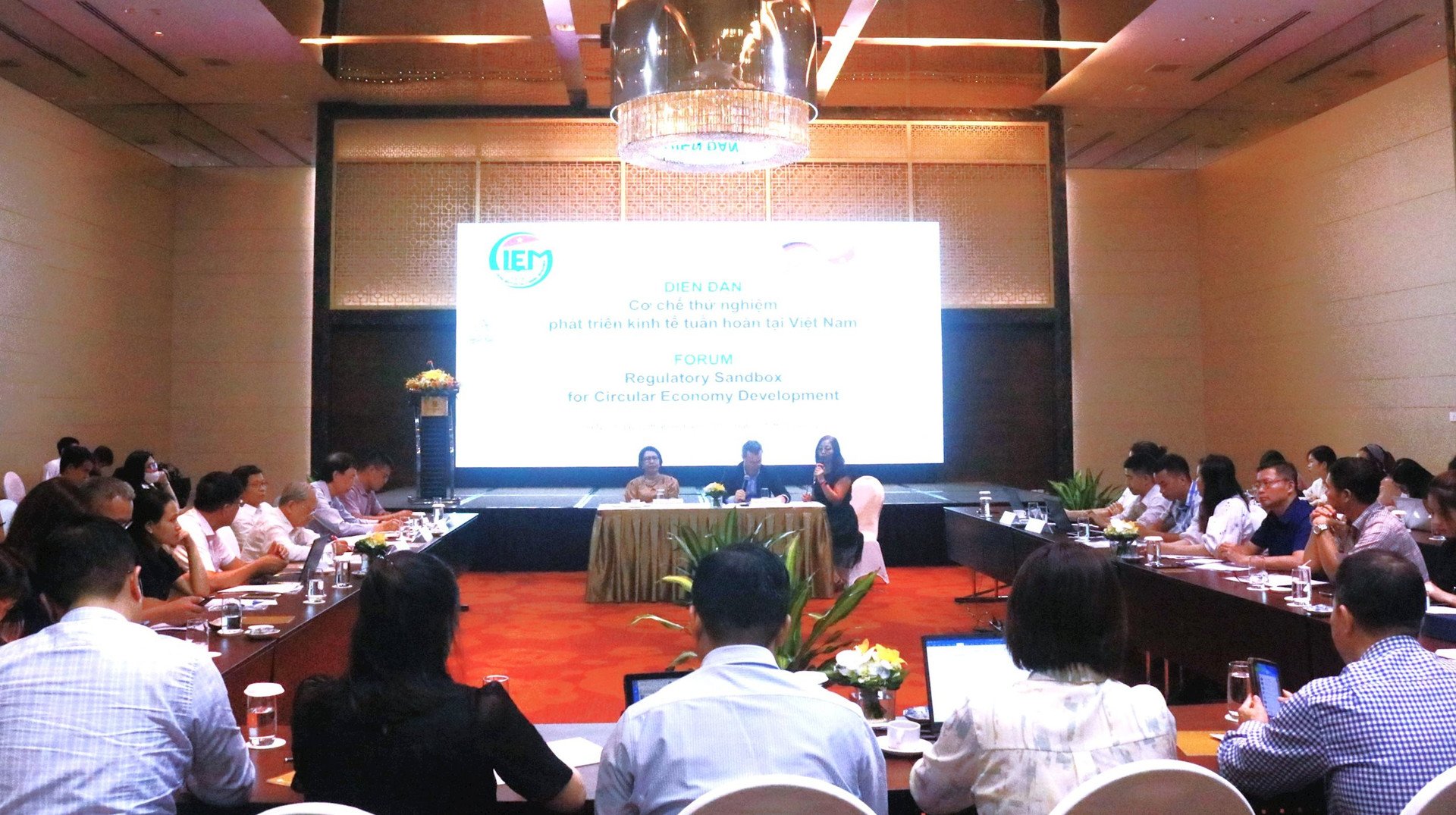
According to Dr. Tran Thi Hong Minh, Director of the Central Institute for Economic Management, Decision 687/QD-TTg of the Government dated June 7, 2022 approving the Project on developing circular economy in Vietnam emphasized the thinking towards the "economic" aspect of the circular economy model. It can be said that the Project is one of the first important efforts to determine the roadmap, requirements and orientation for developing circular economy in Vietnam.
However, to soon realize the benefits of circular economy, it is necessary to create motivation for businesses and investors to transform and innovate circular economy models. Especially for some industries and fields with great potential such as agriculture, industry, energy, construction materials...
“Because the circular economy is associated with new design thinking, has innovative applications and is related to many different policy areas, the traditional, sequential approach to perfecting related policy contents is necessary, but not enough. In particular, the context of the country's economic recovery in general and the serious difficulties facing economic sectors in the first months of 2023 in particular also requires quickly creating new motivation for businesses, investors, and workers through policies to promote a breakthrough "green recovery" - Ms. Minh affirmed. Accordingly, the content of developing a Decree on the mechanism for testing the development of the circular economy - to create a policy testing framework for the development of the circular economy in a number of industries and fields with great potential - is an important requirement.
Sharing some contents of the pilot mechanism, Mr. Nguyen Anh Duong, Head of the General Research Department, CIEM said: Regarding the policy on industrial parks and economic zones, CIEM proposed to allow circular economy projects participating in the Pilot Mechanism with industrial - energy and service components with a total proportion of at least 50% of the total revenue allowed to be implemented in industrial parks and economic zones and enjoy investment incentives according to the provisions of law on industrial parks and economic zones. In addition, creating favorable conditions for foreigners, Vietnamese people residing abroad to work, invest in circular economy projects in industrial parks and economic zones and their family members to temporarily and permanently reside in industrial parks, economic zones and in Vietnam according to the provisions of law.
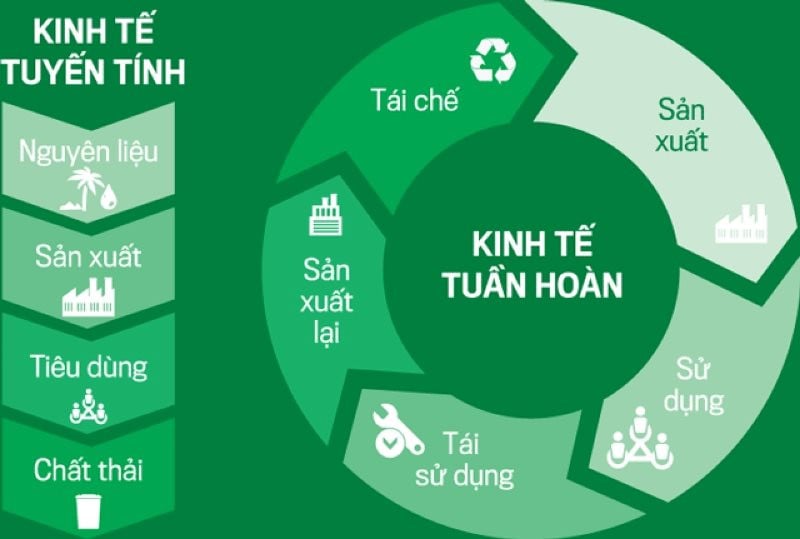
Regarding the green classification policy, CIEM proposed that the Decree will set out the scope of fully green circular economic projects and partially green circular economic projects, assigning the Ministry of Planning and Investment to preside over and coordinate with ministries and branches to provide specific guidance on this content.
With the technology consulting and technology transfer policy, CIEM proposed that KTTH projects participating in the testing mechanism will receive technology consulting and introduction from the state and local authorities, and will be supported with 50% of the cost of technology consulting experts. Projects receiving technology transfer will be exempted from import tax by the state, and will be transferred technological equipment to serve the project participating in the testing mechanism, and given priority in customs clearance of goods. The state will also support up to 50% of the cost for businesses to rent and purchase digital transformation solutions to implement KTTH projects.
Regarding green credit policy, green bonds, green economic projects are entitled to access conventional and green capital sources. Fully green economic projects are not included in the credit quota allocated by the State Bank to credit institutions. Green economic projects participating in the Pilot Mechanism are entitled to access capital through green bonds, but must meet specific limits and ensure compliance with legal regulations on bond issuance.
In the human resource development policy, the State supports up to 70% of the total cost for a business administration course for organizations participating in the Pilot Mechanism; supports 50% of vocational training costs and career conversion costs, but not exceeding 3 months of basic salary for each employee in the project implementation area. The State and local authorities ensure and connect labor supply units, vocational schools, intermediate schools, colleges, and universities with organizations participating in the Pilot Mechanism and other support activities according to regulations to ensure a labor source of the right quality and sufficient quantity required for the implementation of the KTTH project.
Regarding land policy, CIEM proposes that organizations participating in the Pilot Mechanism are allowed to use land for mixed and multi-purpose purposes, including roofs, water surfaces, and surrounding fences within the planning boundary of the KTTH project participating in the Pilot Mechanism; are allowed to locally adjust construction planning and land use planning for the land within the project's planning boundary.
Local authorities of provinces and cities give priority to using available clean land and are responsible for clearing the land in case investors advance money to clear the land in the locality with location, terrain, and characteristics suitable for the scale of the circular economic project that is granted a Certificate of Participation in the Expected Testing Mechanism to implement project construction...
Mr. Duong believes that the understanding and management thinking for the fields participating in the Pilot Mechanism does not only rely on traditional industry management thinking. The reason is that new, modern circular economic models can have the connection of many economic activities in many different fields. For example, a circular economic project in agriculture can include components of biomass energy, agricultural processing services, etc.
At the workshop, economic experts from many relevant units shared their perspectives on the current situation, barriers and proposed appropriate policies for circular economic development in Vietnam; proposed issues that need to be included in the testing mechanism to promote the effectiveness of promoting circular economic development in the period.
Based on the comments, CIEM will complete the Draft Decree and submit it to the Ministry of Planning and Investment, so that the Ministry can submit it to the Government in the near future.
Source



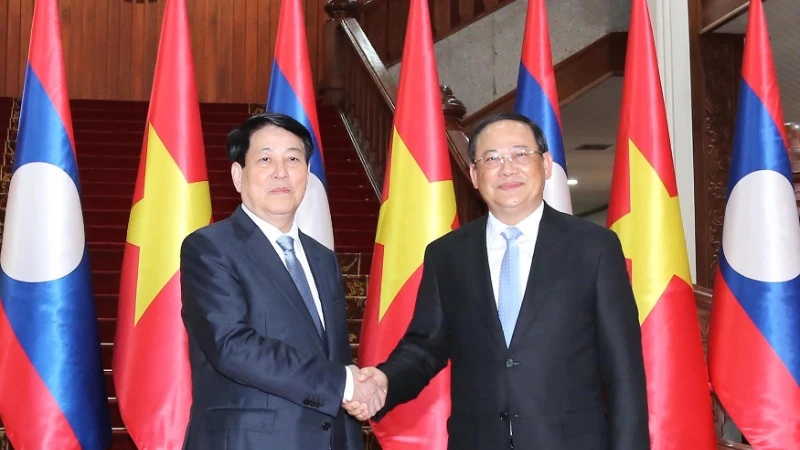
![[Photo] President Luong Cuong meets with Lao Prime Minister Sonexay Siphandone](https://vstatic.vietnam.vn/vietnam/resource/IMAGE/2025/4/25/3d70fe28a71c4031b03cd141cb1ed3b1)



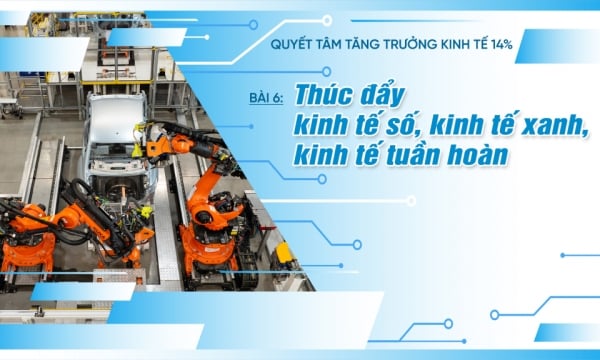

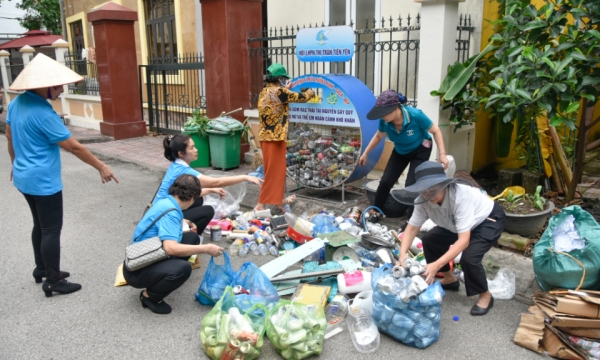
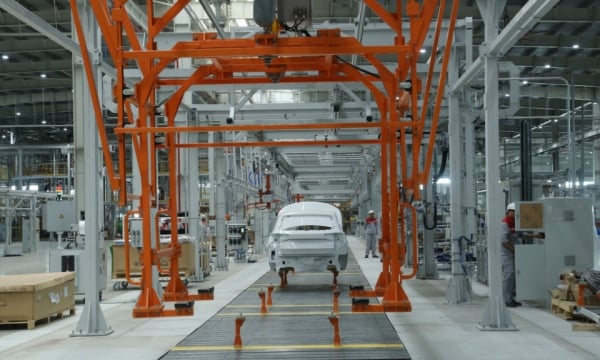
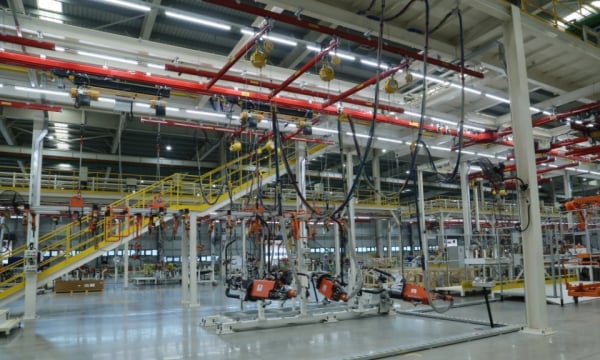
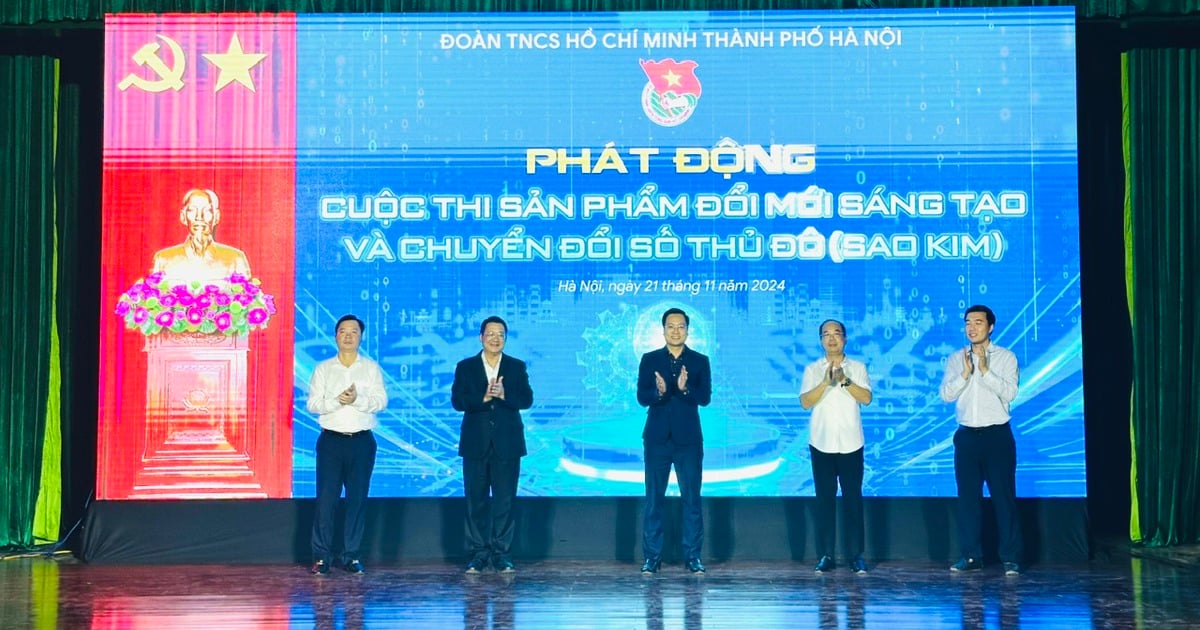

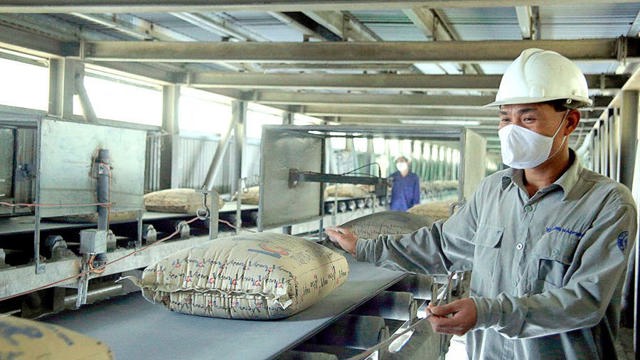
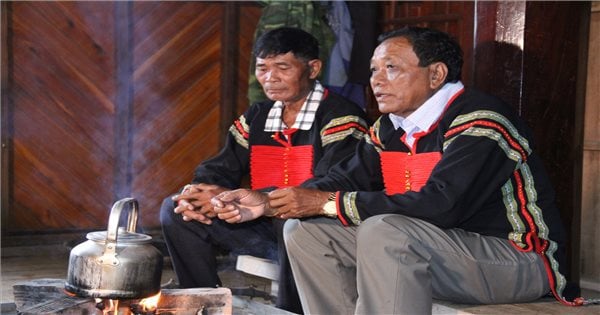
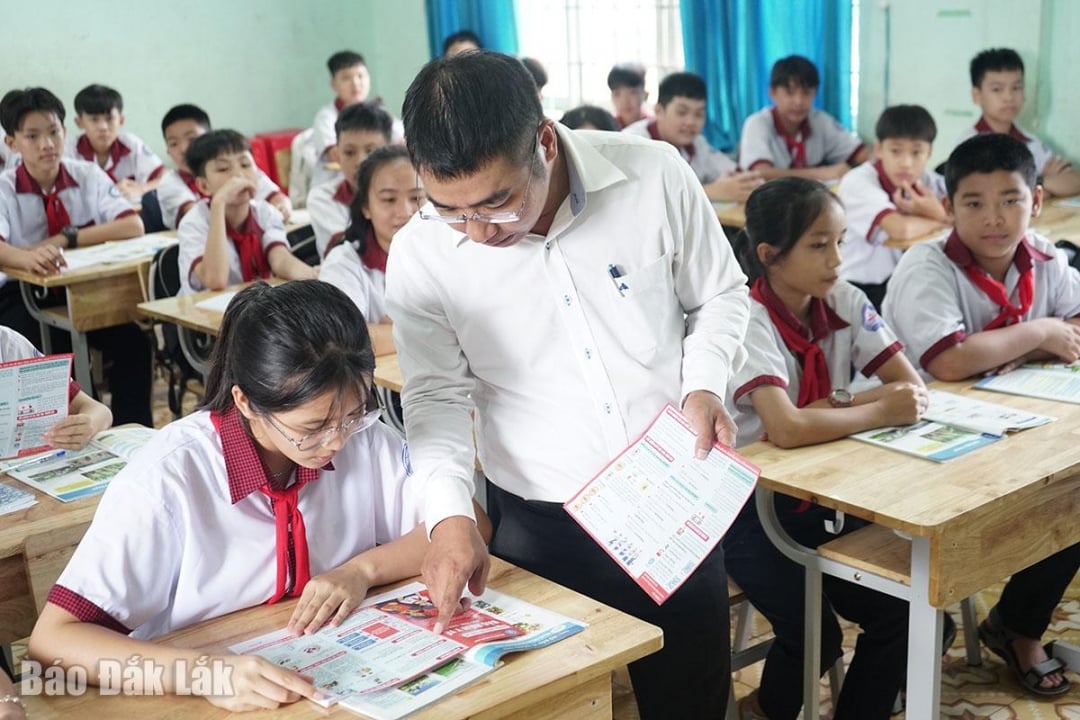









![[Photo] Ho Chi Minh City welcomes a sudden increase in tourists](https://vstatic.vietnam.vn/vietnam/resource/IMAGE/2025/4/25/dd8c289579e64fccb12c1a50b1f59971)
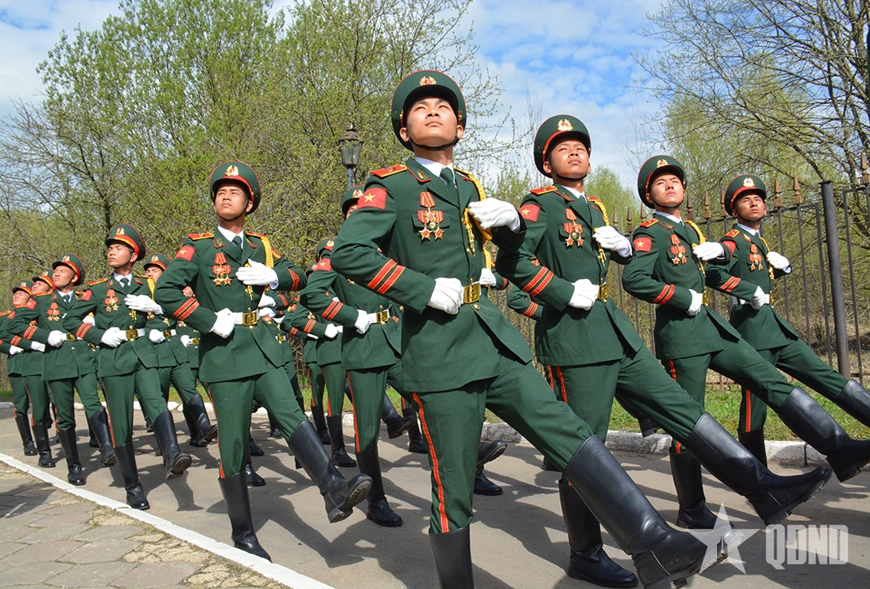
![[Photo] Liberation of Truong Sa archipelago - A strategic feat in liberating the South and unifying the country](https://vstatic.vietnam.vn/vietnam/resource/IMAGE/2025/4/25/d5d3f0607a6a4156807161f0f7f92362)





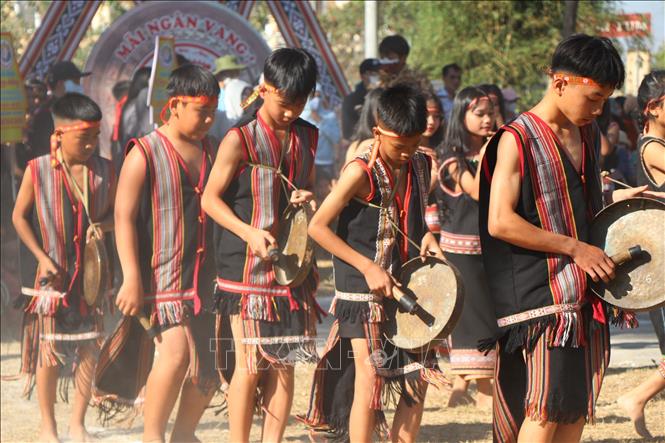



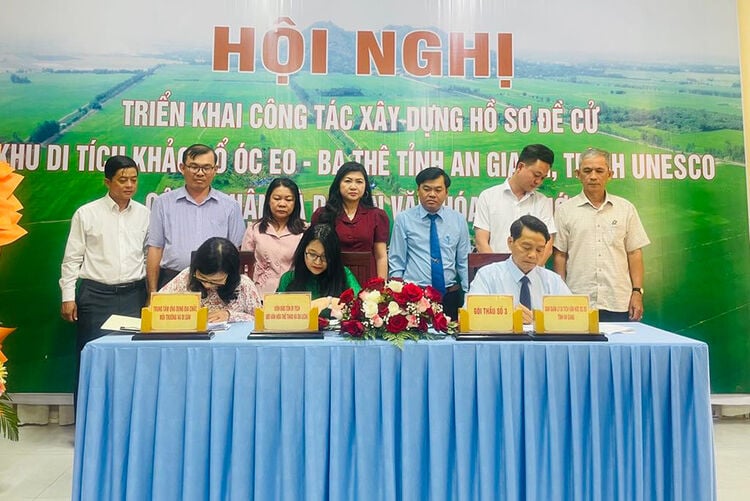

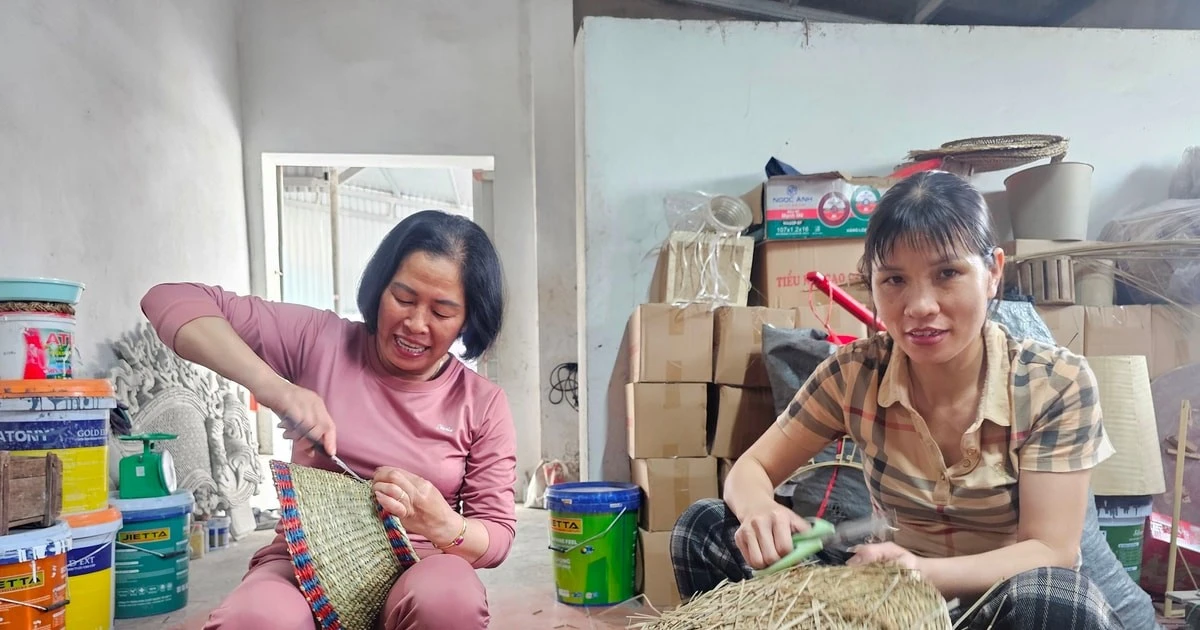





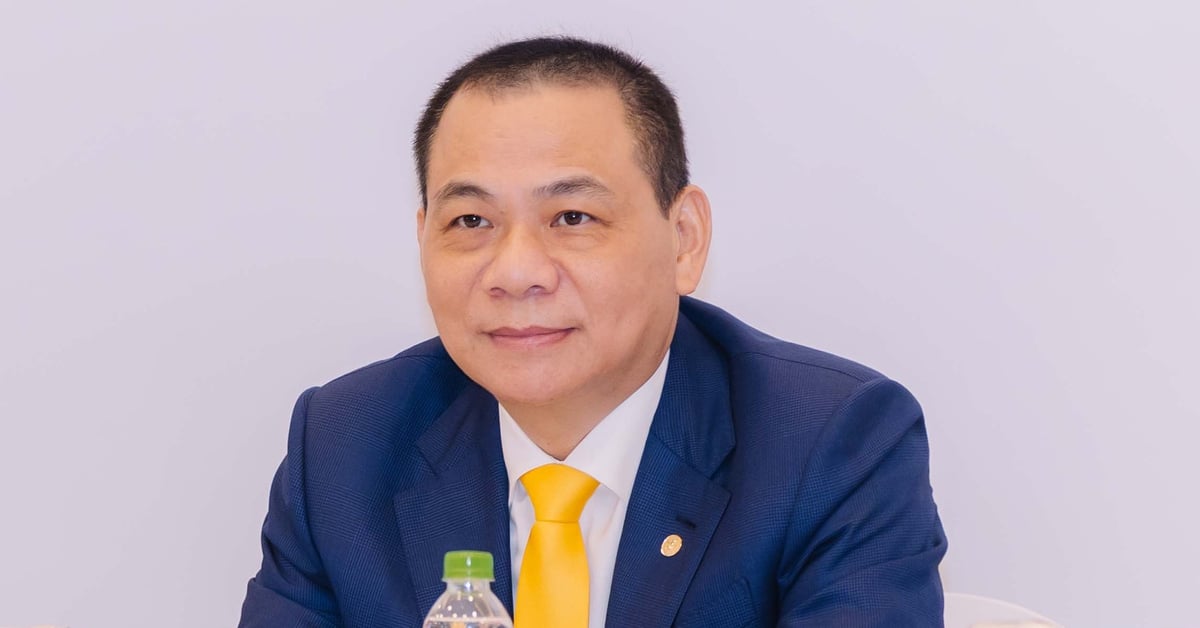



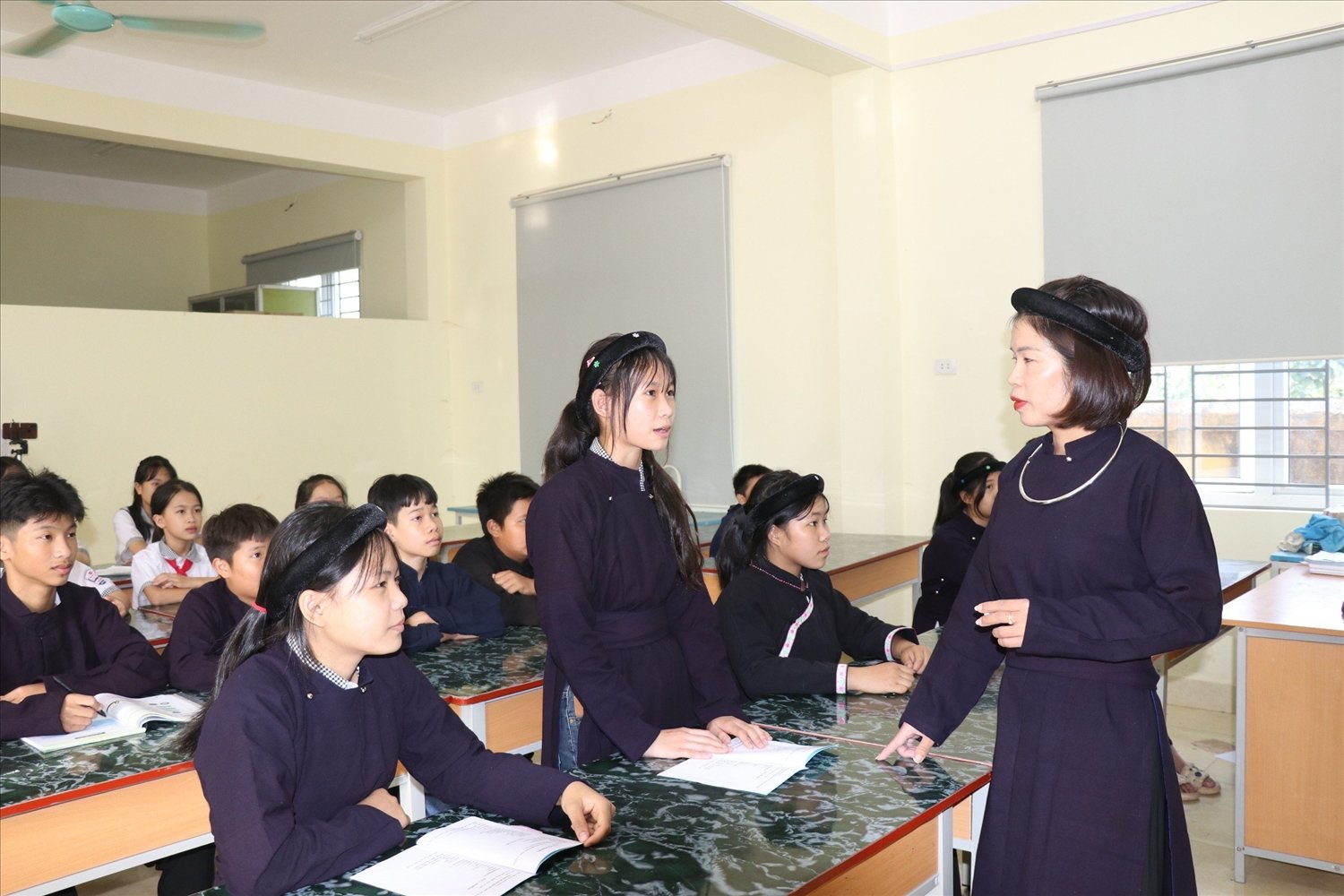





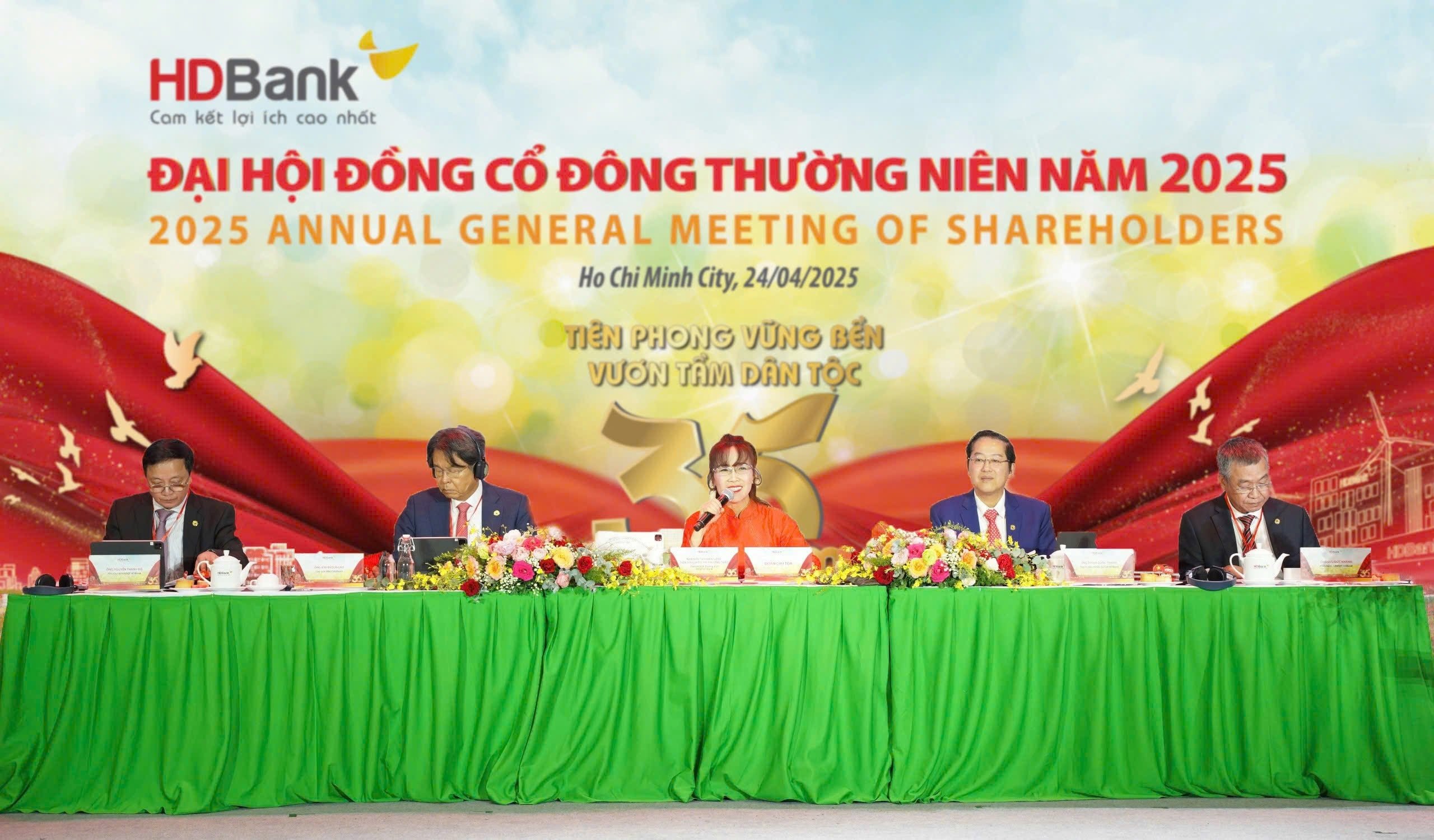

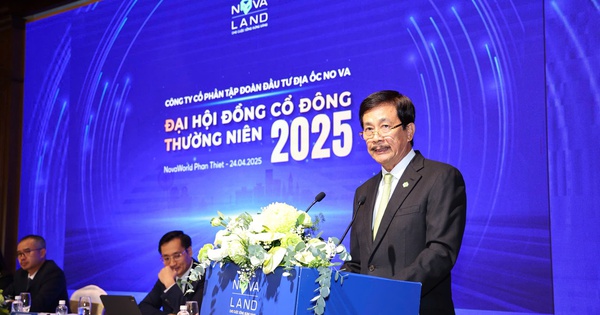

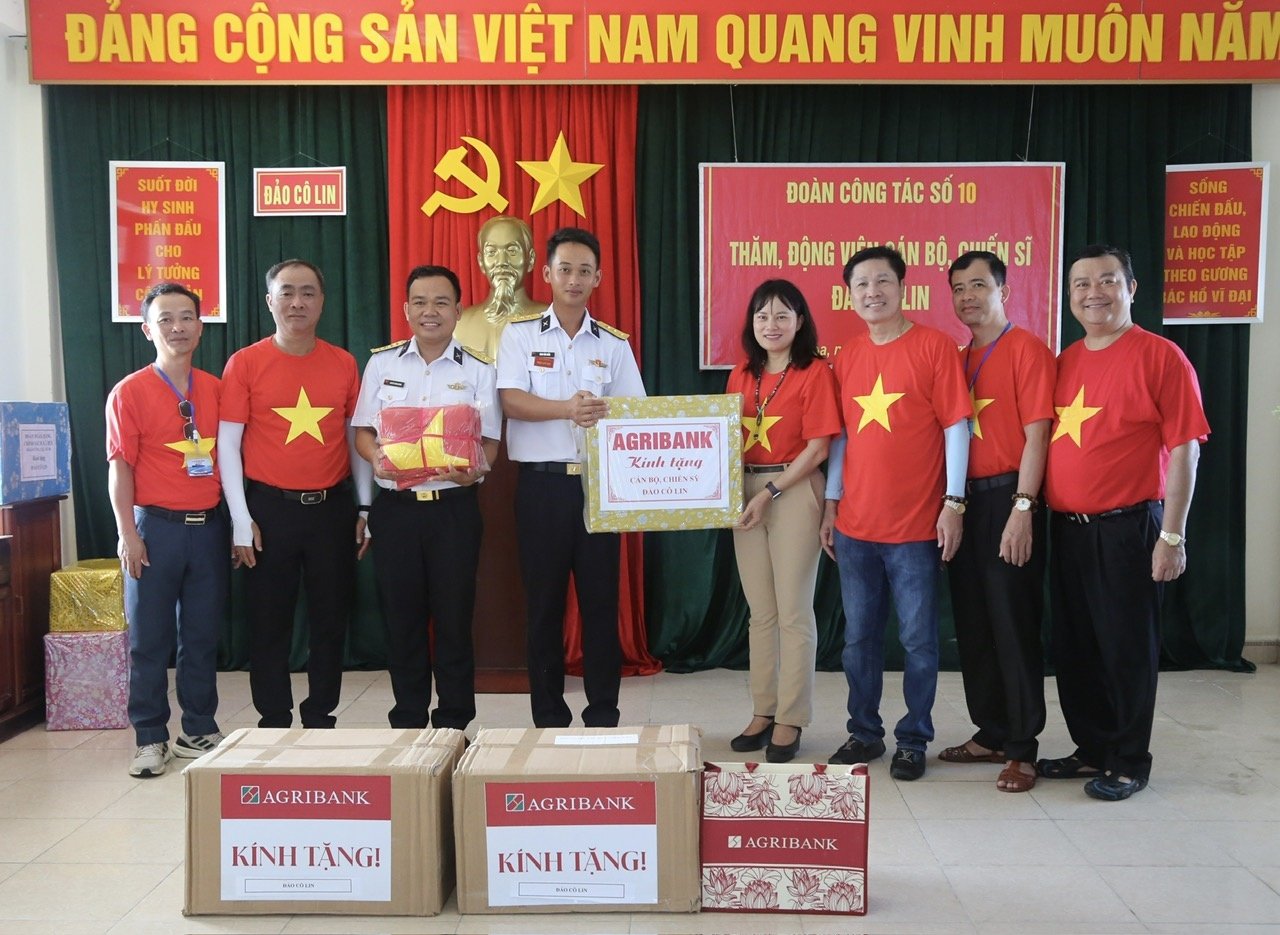
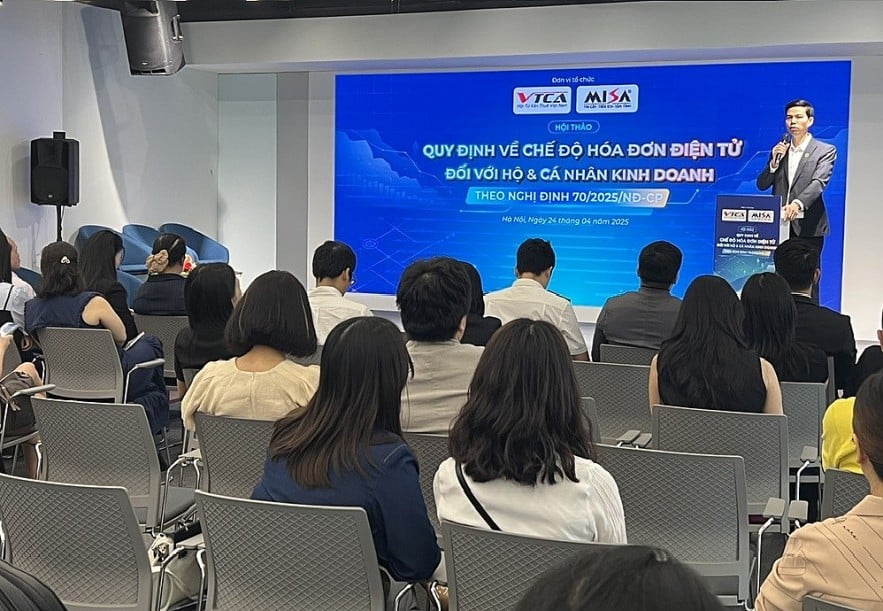
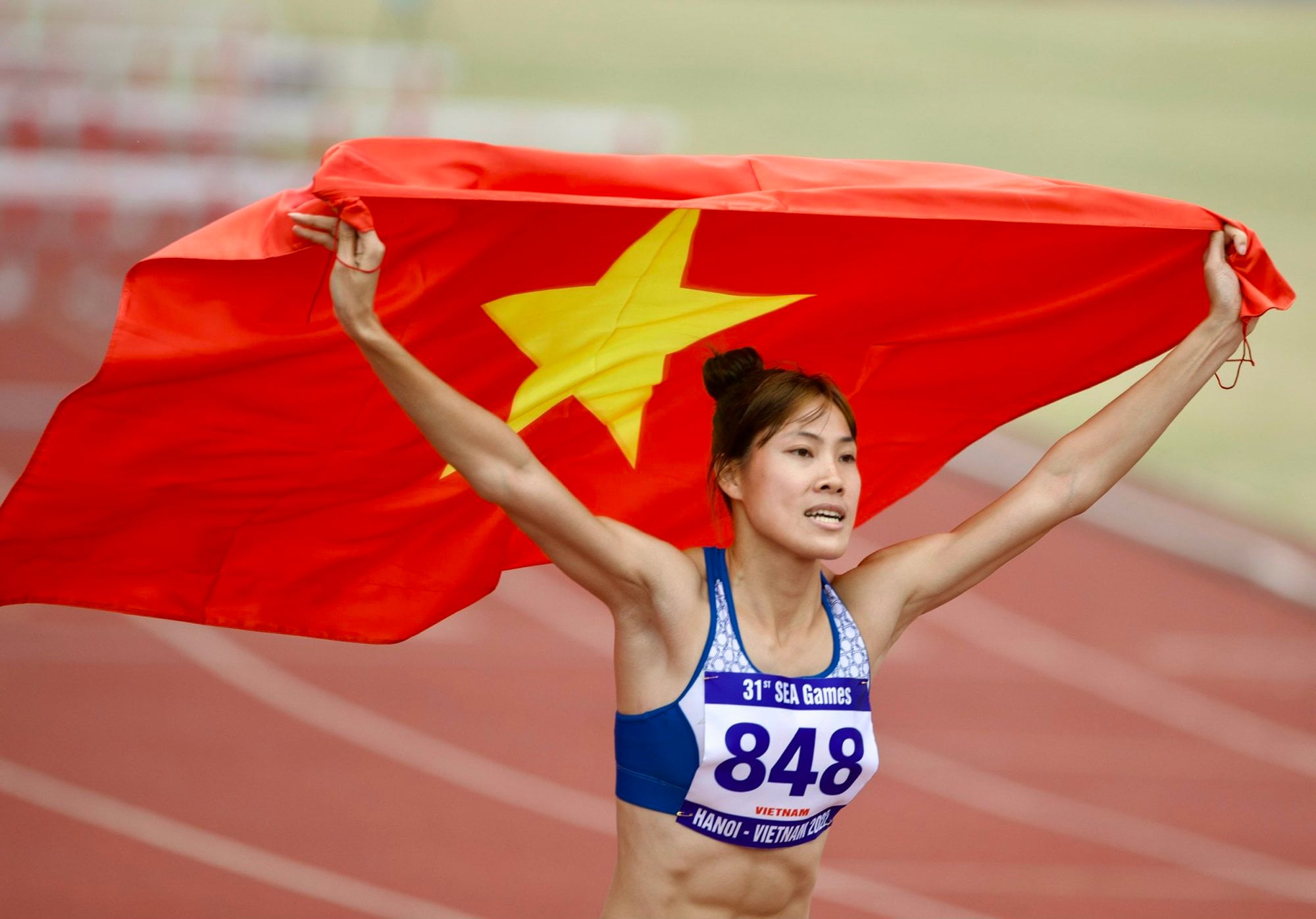
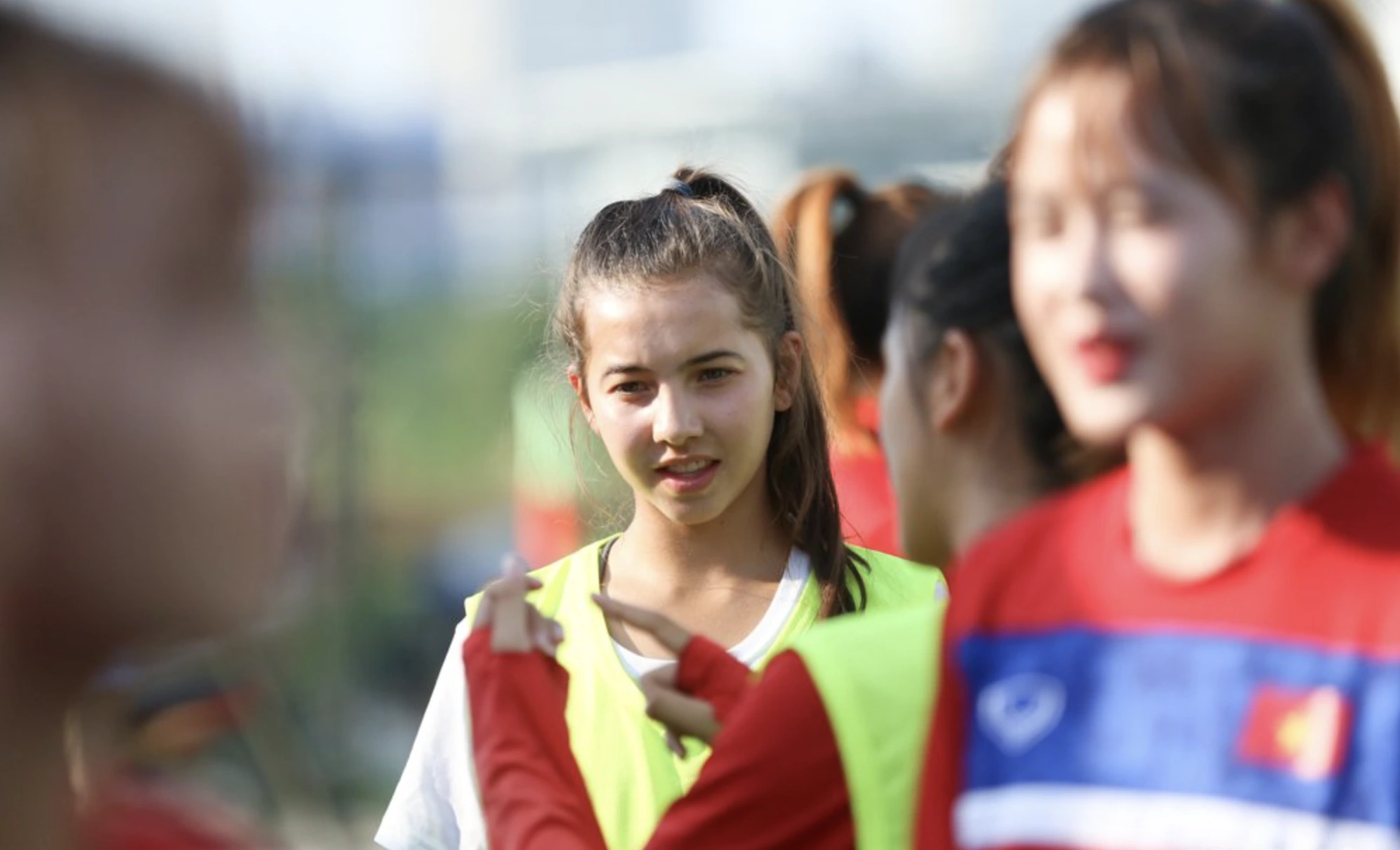
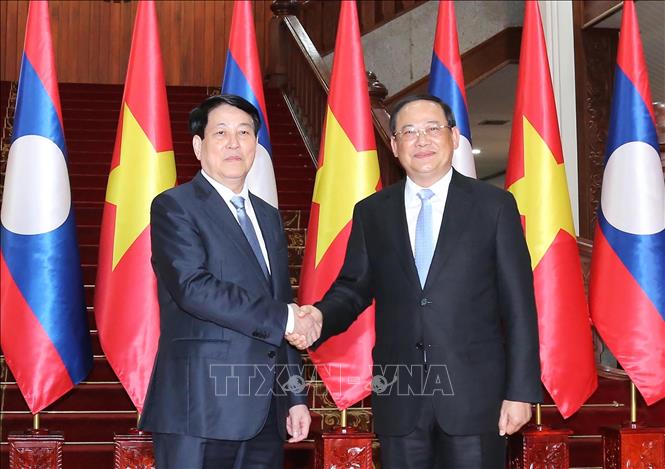
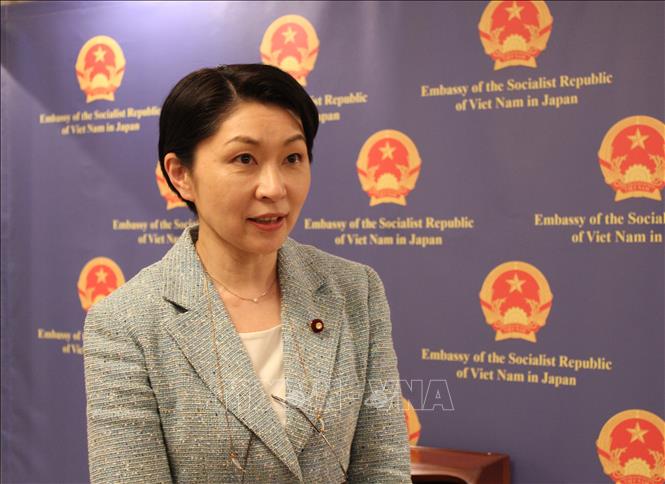
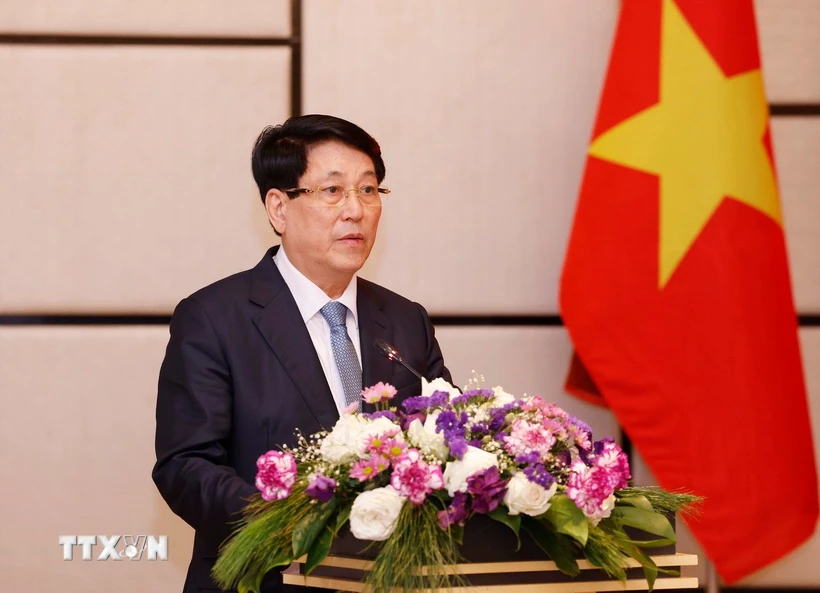

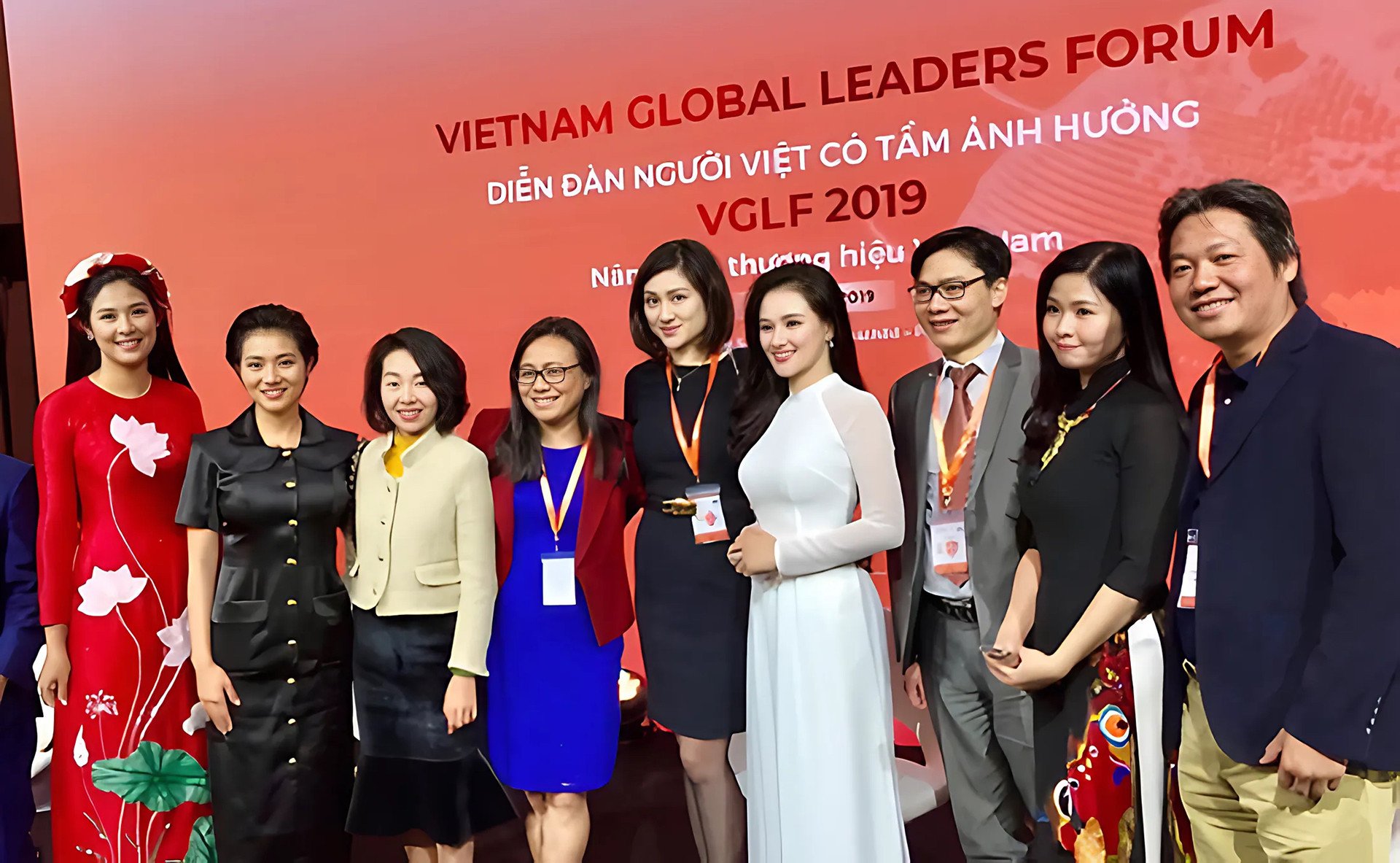

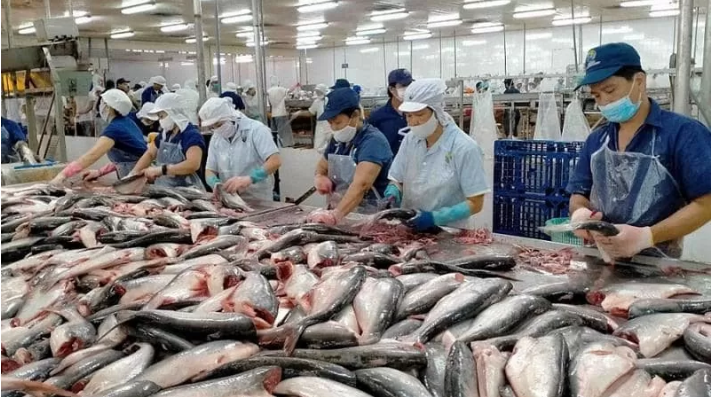


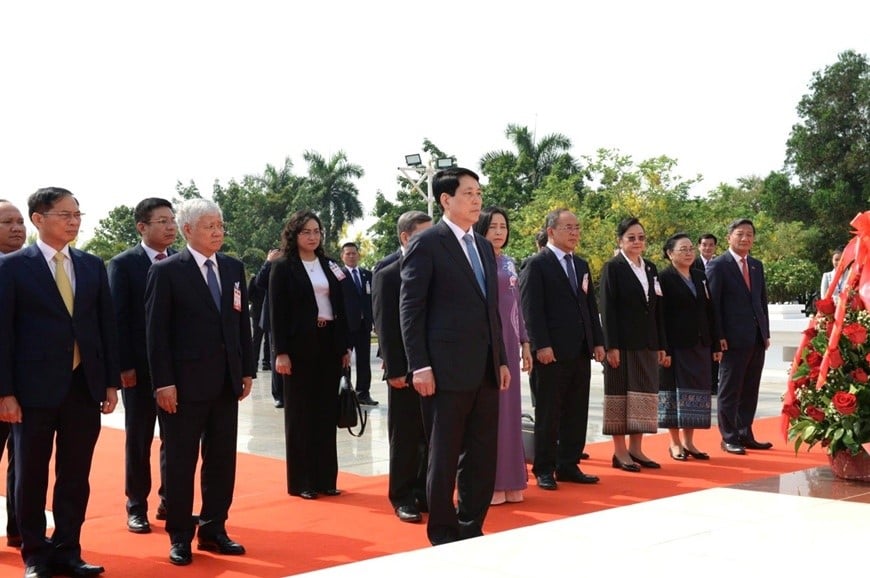
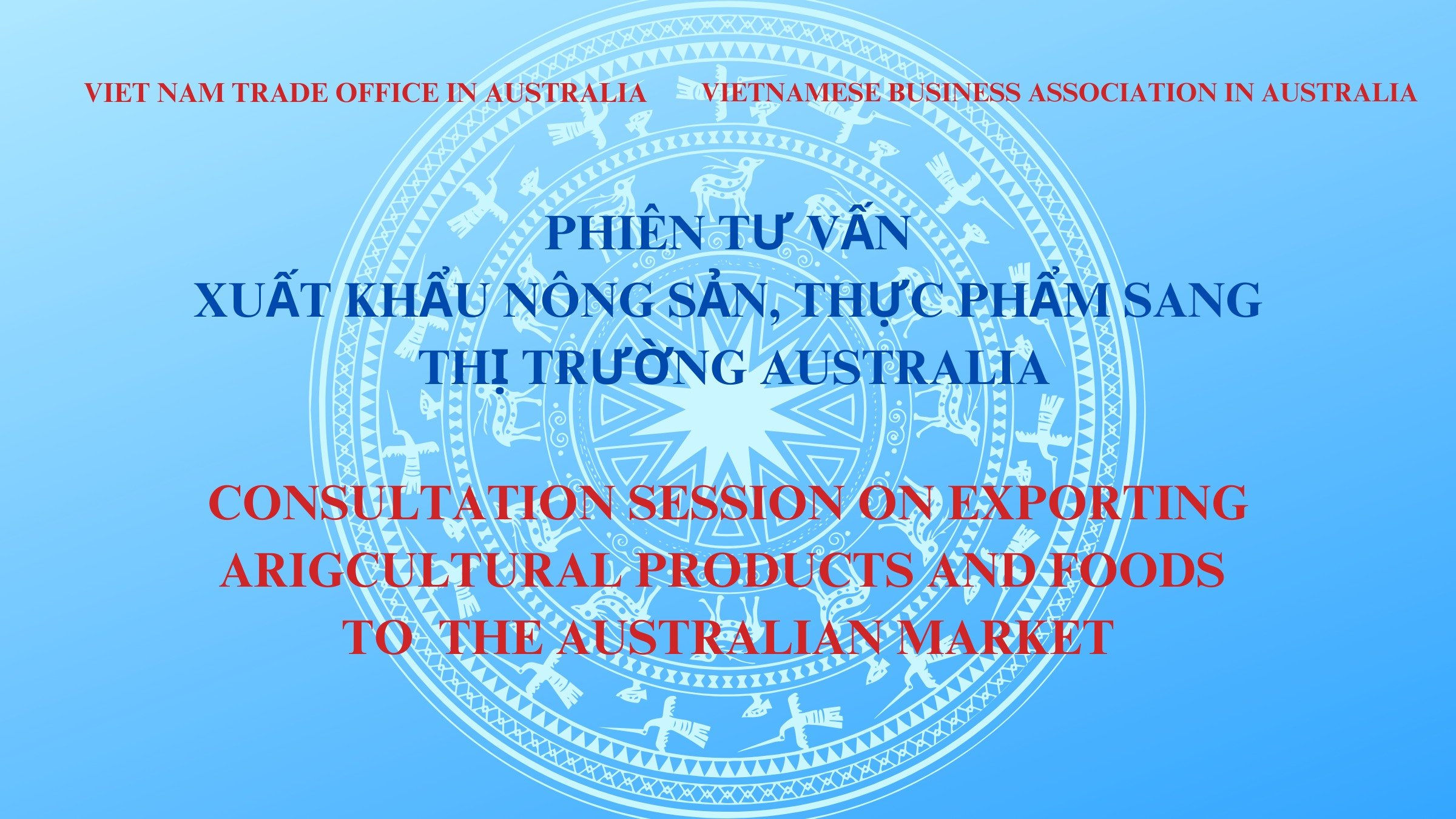
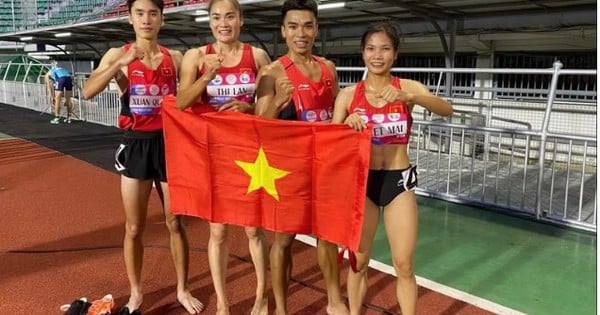

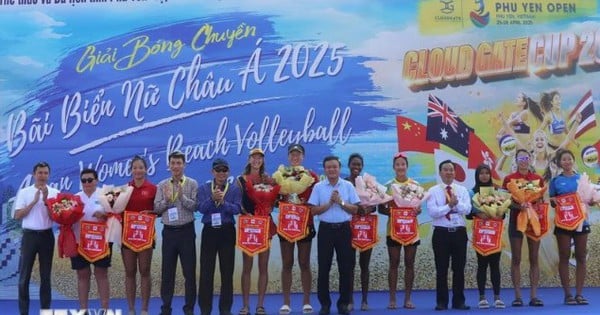


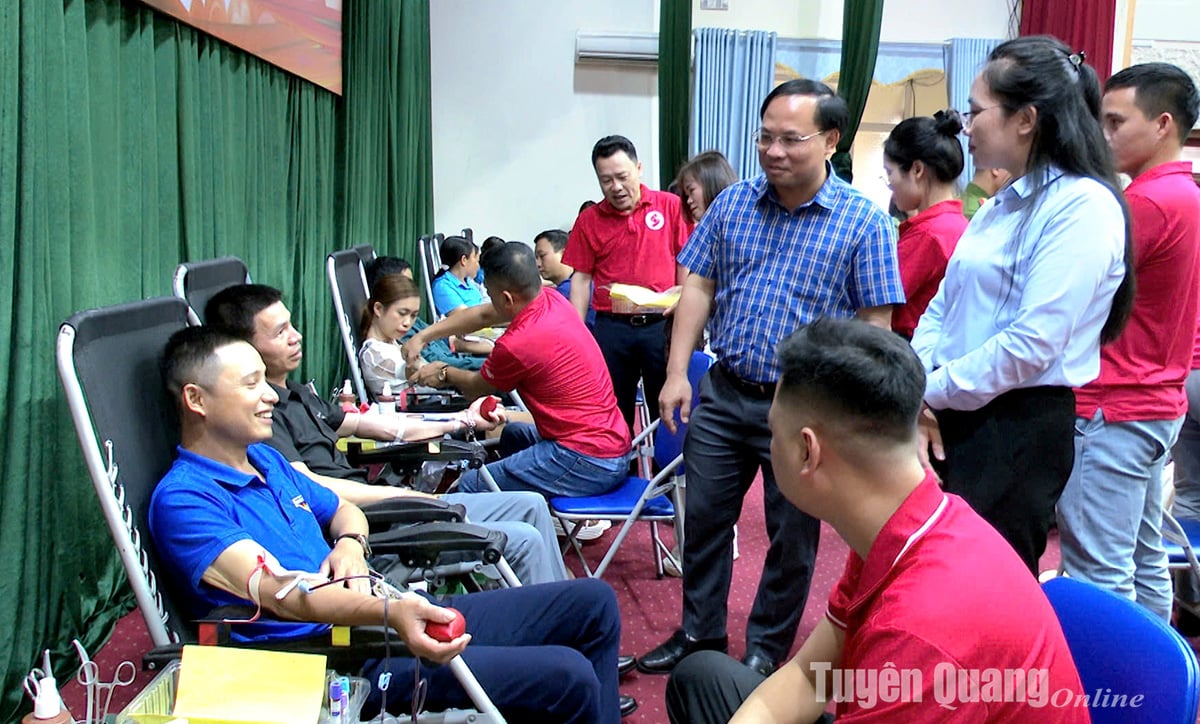

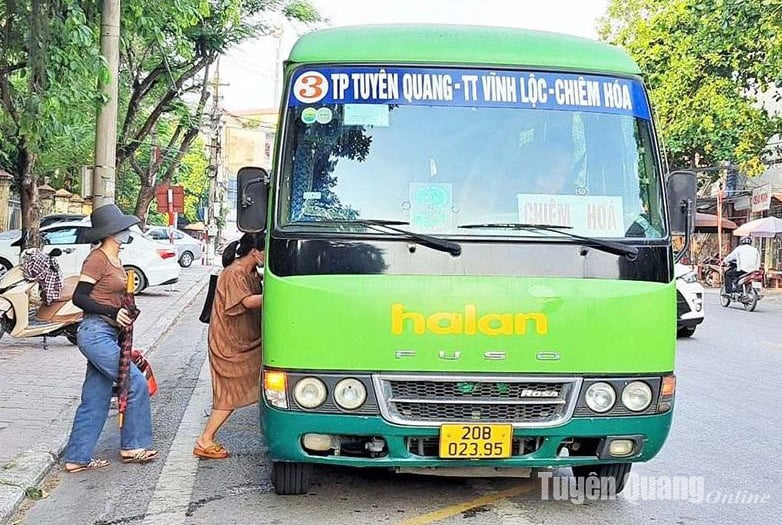
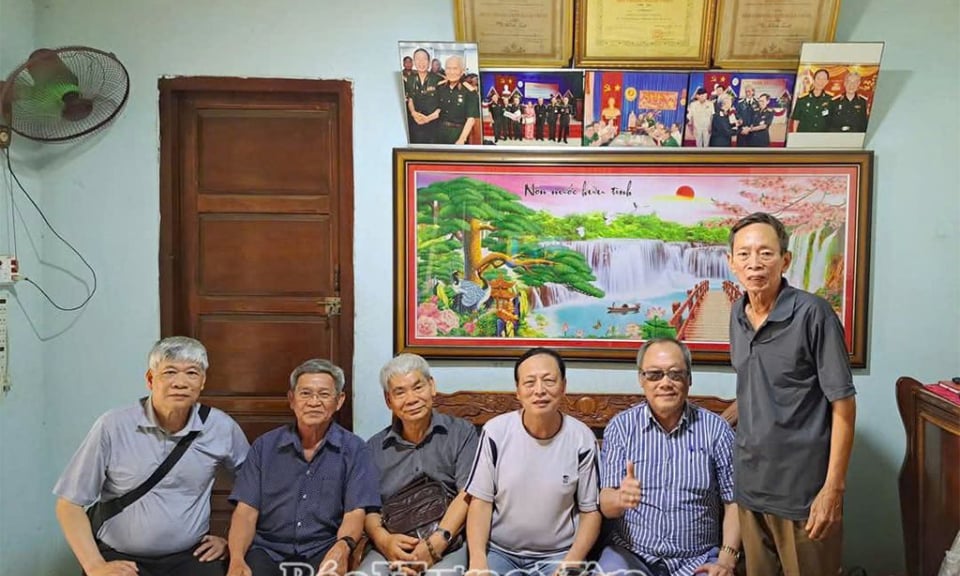

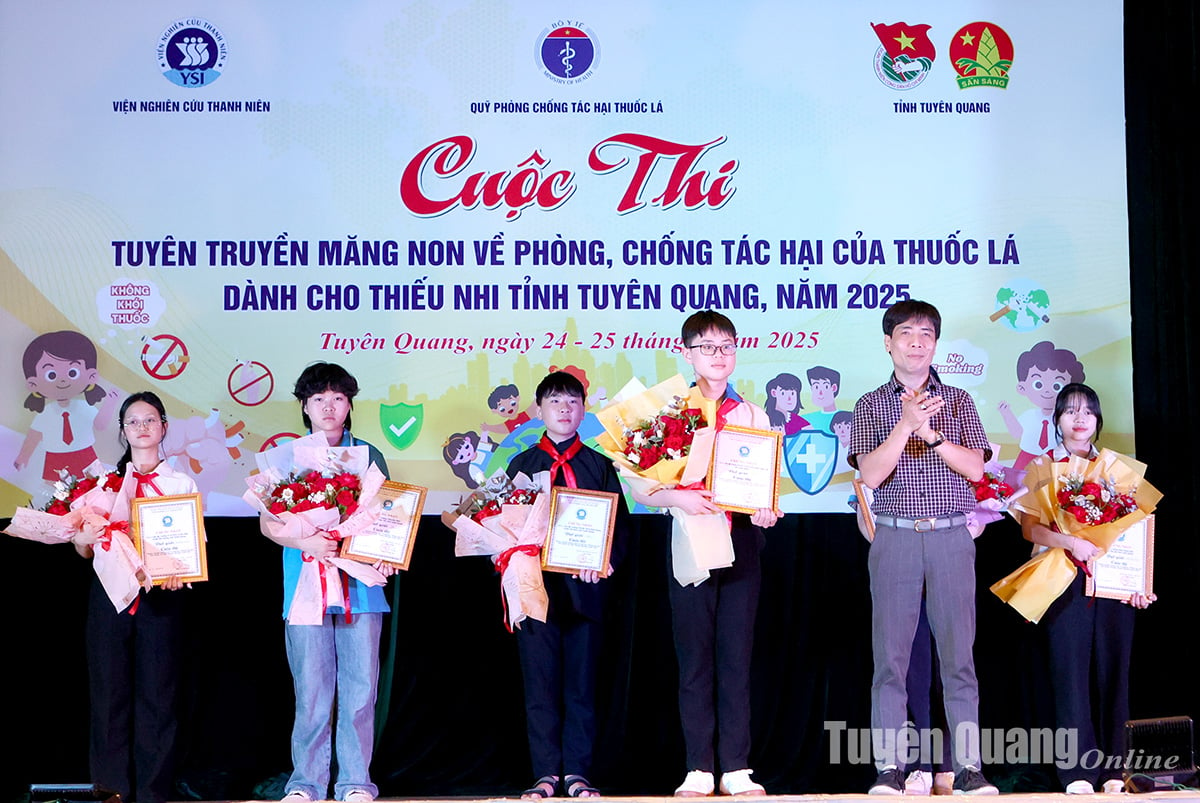
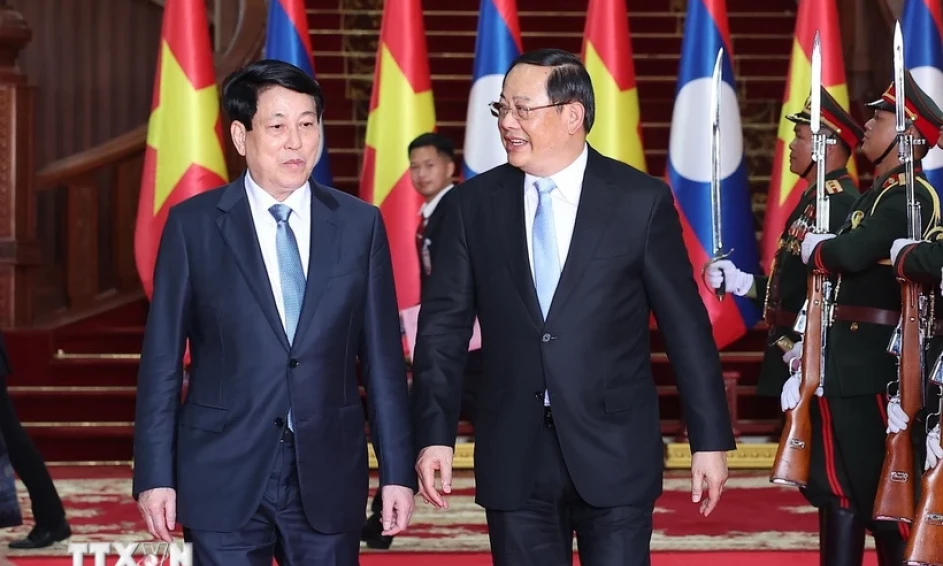
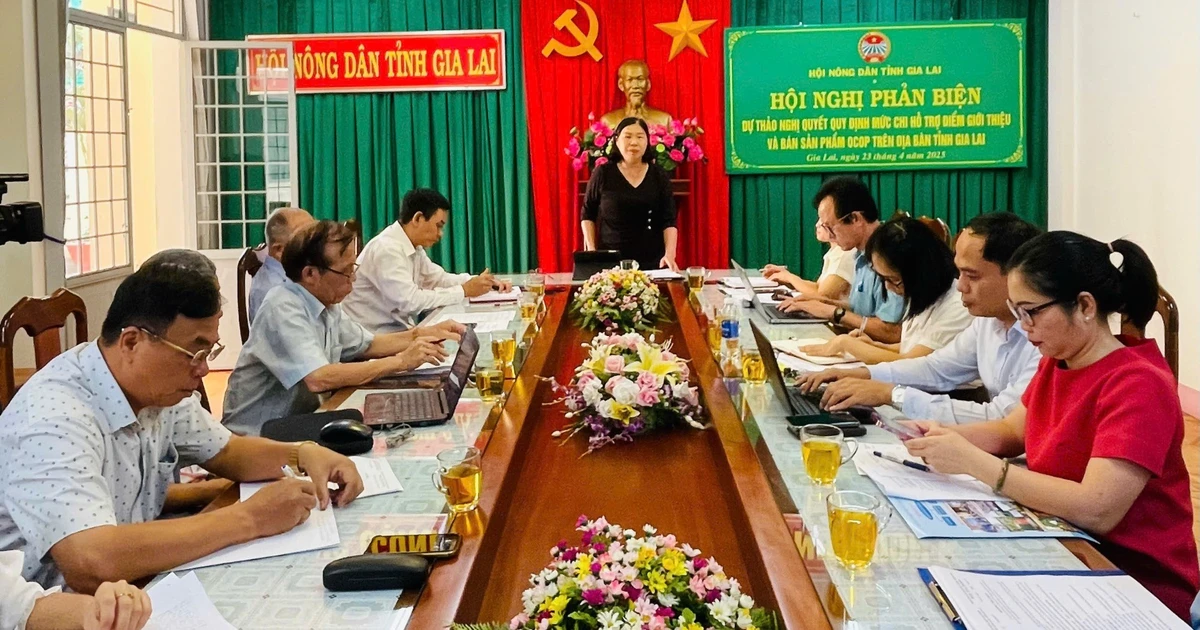

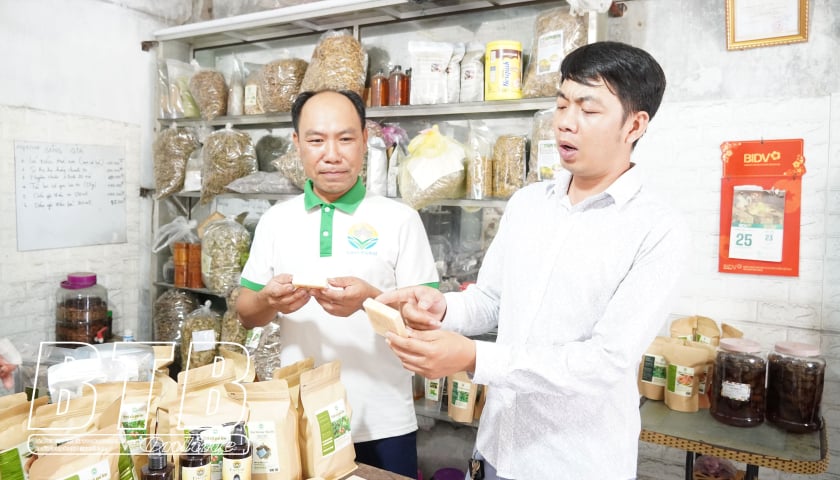



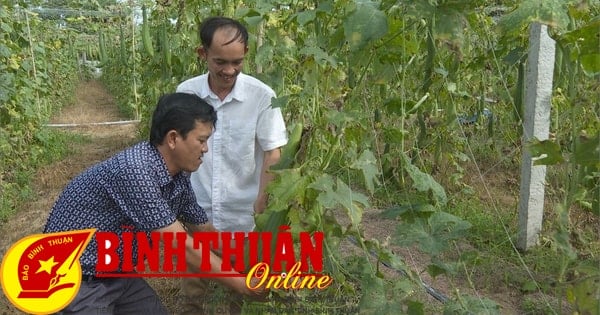

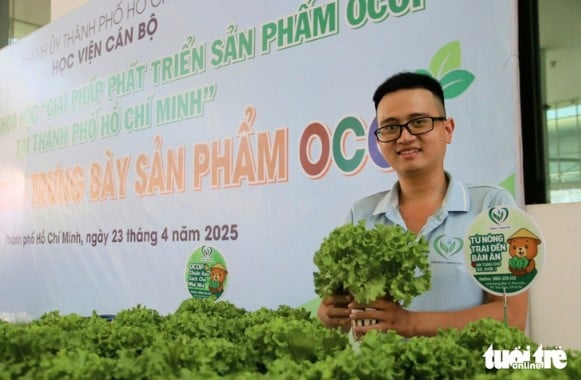
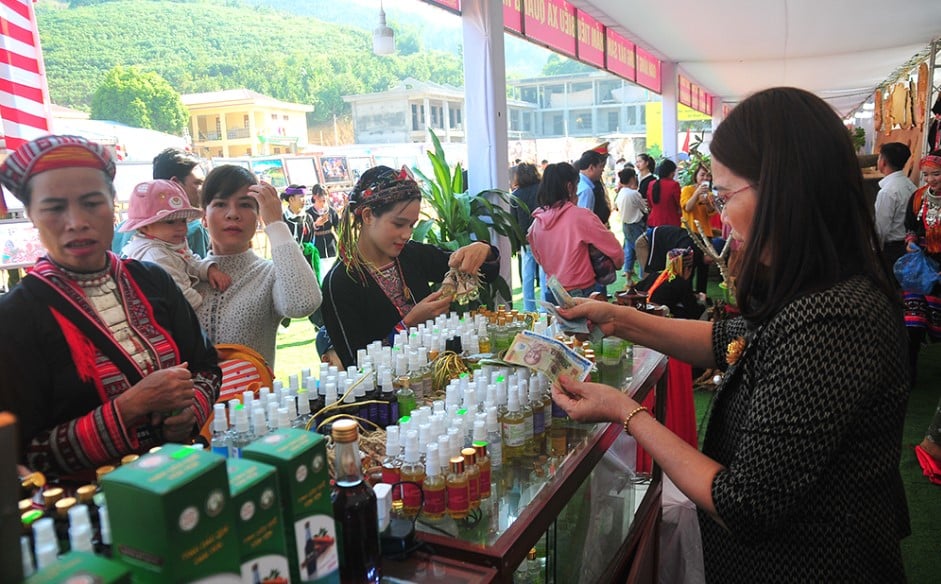
Comment (0)